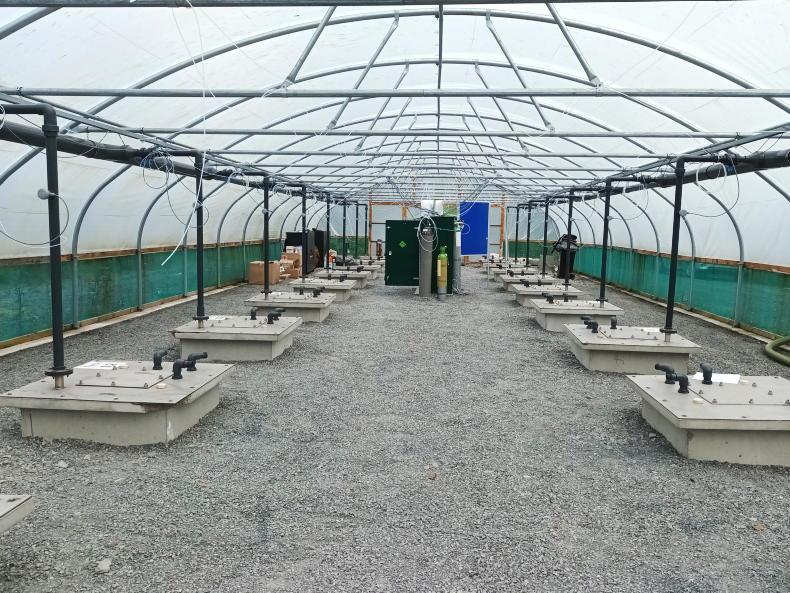A new environmental watchdog has confirmed that its first investigation in NI will be focused on the guidance that DAERA gives local planning authorities about ammonia emissions.
The Office of Environmental Protection (OEP) came into effect in NI in February 2022 and part of its remit is to scrutinise what public authorities do in relation to the environment.
The chief executive of the OEP, Natalie Prosser, said the investigation would look at whether DAERA failed to comply with environmental law in its ammonia guidance, which is known as the “operational protocol”.
“We have a worry that the operational protocol is not allowing the department to comply with its obligations under the relevant habitats regulations,” she told the Irish Farmers Journal.
With 97% of ammonia emissions in NI coming from agriculture, the operational protocol has a major impact on local farming, particularly for those who have applications for new farm buildings stuck in the planning process. A key part of the problem is that Shared Environmental Services, the body which advises local councils on planning applications relating to ammonia, has been at odds with DAERA about limits for emissions near environmentally designated sites.
Prosser said she could not get into the “specific technical details” of the OEP’s inquiry and pointed out that the investigative process is only beginning.
“There have been questions about the operational protocol for a considerable time. We had hoped that it would be addressed by DAERA and it hasn’t been,” Prosser said.
New protocol
A public consultation as part of the process of developing a new operational protocol is to be launched by DAERA shortly, with Prosser indicating that the delay in devising new ammonia guidance is a key issue for the OEP.
“The reason we have launched this investigation now is because it is something we hoped to see progress on, but we haven’t seen it. Fundamentally, there is a concern about the lawfulness of the protocol as it stands and that is squarely within our responsibility,” she said.
The OEP has the power to take public bodies to court over the results of its investigations, but Prosser is clear that legal proceedings will only be used as a last resort.
“We will want work with DAERA through the investigation. Should we make a finding, we will want to work with the department to resolve any issues that we find,” she said.









SHARING OPTIONS